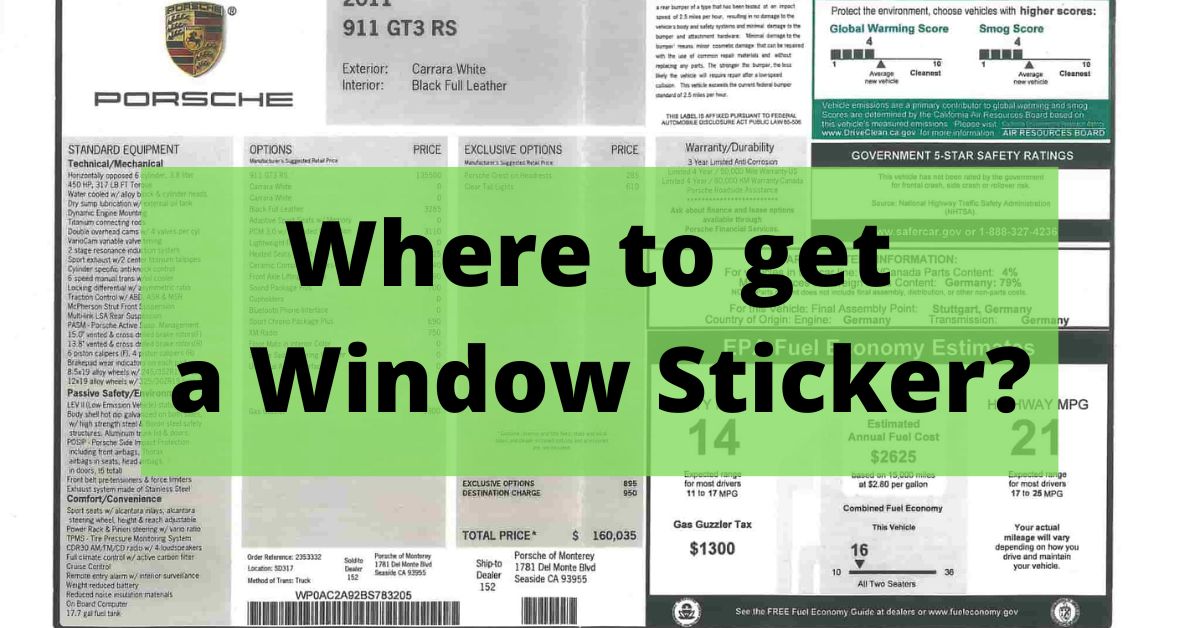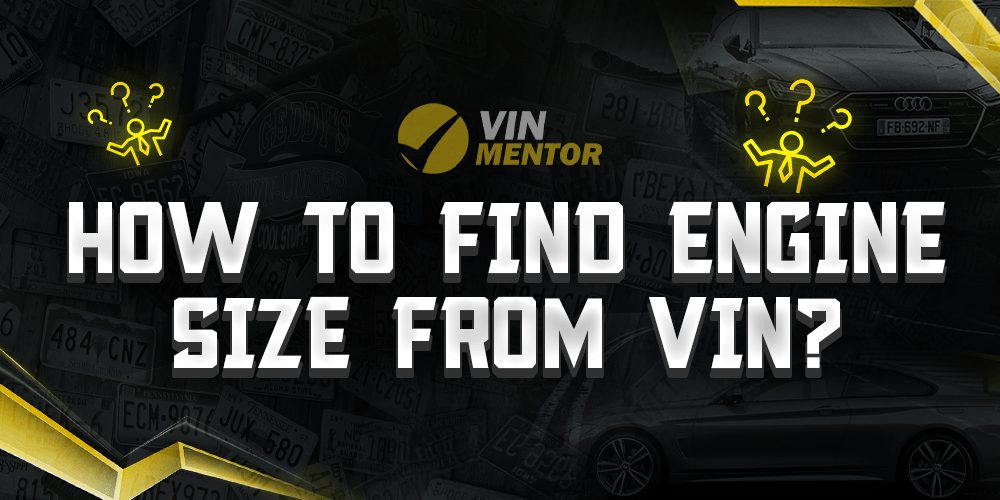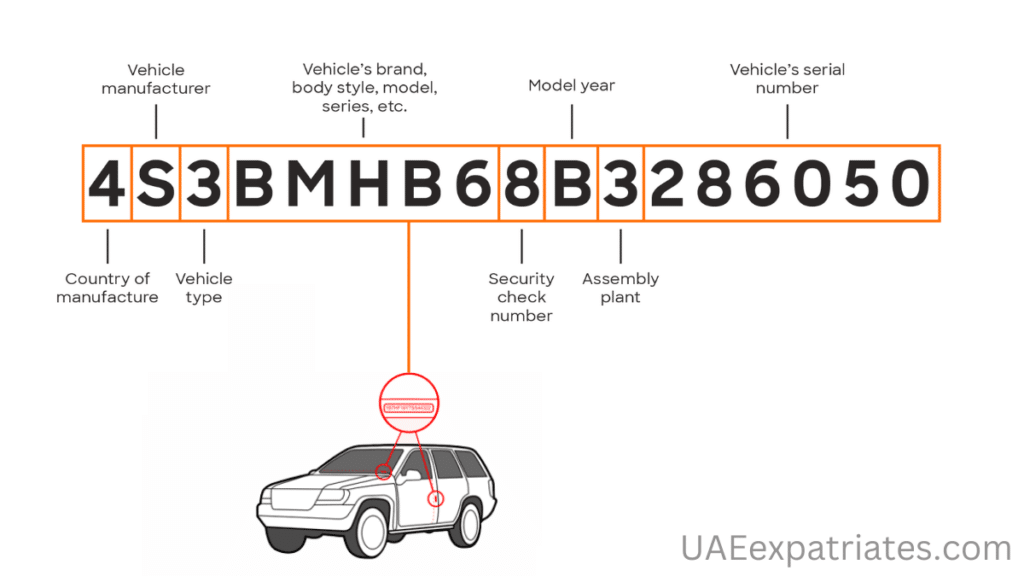Commercial Vehicle Value By VIN Number: Unlocking the True Worth of Your Fleet types.truckstrend.com
In the dynamic world of commercial transportation and logistics, every asset counts. From heavy-duty trucks to specialized vans, understanding the true value of your commercial vehicles is paramount, whether you’re buying, selling, insuring, financing, or managing a fleet. While various factors influence a vehicle’s worth, one seemingly small string of characters holds an immense amount of power in accurately assessing it: the Vehicle Identification Number (VIN). This comprehensive guide will delve into how the VIN acts as the ultimate key to unlocking the precise value of any commercial vehicle, offering transparency, accuracy, and invaluable insights.
The VIN: Your Vehicle’s Unique Fingerprint
Commercial Vehicle Value By VIN Number: Unlocking the True Worth of Your Fleet
At its core, a Vehicle Identification Number (VIN) is a 17-character alphanumeric code that serves as the unique identifier for every road-going vehicle. Much like a human fingerprint, no two vehicles share the same VIN. This standardized code, adopted globally, is far more than just a serial number; it’s an encrypted story of the vehicle’s birth and original specifications.
Each character or group of characters within the VIN holds specific information:
- World Manufacturer Identifier (WMI): The first three characters identify the country of origin and the manufacturer.
- Vehicle Descriptor Section (VDS): Characters four through nine describe the vehicle’s attributes, such as make, model, body type, engine type, gross vehicle weight rating (GVWR), and sometimes even the safety features installed.
- Vehicle Identifier Section (VIS): The last eight characters are the unique serial number, production plant, and model year.
By decoding this wealth of information, the VIN provides an unparalleled foundation for understanding a commercial vehicle’s original configuration, intended purpose, and unique identity, all of which directly impact its market value.

Why Valuing a Commercial Vehicle by VIN is Crucial
Leveraging the VIN for commercial vehicle valuation is not just a convenience; it’s a strategic imperative with far-reaching benefits for various stakeholders:
For Buyers
- Avoid Overpaying: A VIN check reveals the vehicle’s true specifications, history (accidents, odometer discrepancies, salvage titles), and market comparables, preventing you from paying more than it’s worth.
- Identify Hidden Issues: Uncovering past accidents, flood damage, or lien holders through a VIN report can save significant repair costs and legal headaches down the line.
- Verify Specifications: Ensure the vehicle you’re considering matches the seller’s description, including engine size, body type, and installed features crucial for your business operations.

For Sellers
- Price Competitively: Accurate valuation based on VIN data allows you to price your commercial vehicle realistically, attracting serious buyers and expediting the sale process.
- Build Trust: Providing a comprehensive VIN report proactively demonstrates transparency and honesty, building buyer confidence and potentially commanding a better price.
- Highlight Value: A clean VIN history and verified specifications can be powerful selling points, showcasing the vehicle’s reliability and original quality.

For Lenders & Insurers
- Accurate Risk Assessment: Lenders use VIN data to assess the collateral’s true value, determining appropriate loan amounts. Insurers rely on it to calculate accurate premiums based on the vehicle’s specifics and risk profile.
- Fraud Prevention: VIN checks are a critical tool in identifying fraudulent claims or misrepresentations of vehicle condition and history.
For Fleet Managers
- Strategic Asset Management: Understanding the real-time value of each vehicle in your fleet aids in depreciation tracking, optimizing maintenance schedules, and making informed decisions about replacements or upgrades.
- Compliance & Reporting: Accurate VIN-based data is essential for regulatory compliance, tax purposes, and internal financial reporting.
In essence, using the VIN for valuation fosters accuracy, transparency, efficiency, and significant risk reduction across all aspects of commercial vehicle transactions and management.
How the VIN Informs Commercial Vehicle Valuation: Key Data Points
The information encoded within a VIN, when decoded and cross-referenced with market data, provides a robust framework for valuation:
- Manufacturer & Model: The brand’s reputation and the specific model’s market demand and depreciation curve are fundamental. A Freightliner Cascadia will depreciate differently than a Ford Transit.
- Year of Manufacture: Directly influences age-related depreciation, technology obsolescence, and expected wear and tear.
- Engine & Powertrain: Critical for commercial vehicles, the engine type (diesel, gasoline, electric), horsepower, torque, and transmission type directly impact performance, fuel efficiency, and suitability for various tasks, thus affecting value.
- Body Type & Configuration: This is highly specific for commercial vehicles. A box truck, flatbed, dump truck, refrigerated unit (reefer), or specialized service truck each have distinct market demands and values. The VIN helps verify the original body type.
- Gross Vehicle Weight Rating (GVWR) / Gross Combination Weight Rating (GCWR): These ratings determine the vehicle’s load-carrying capacity and its classification (e.g., Class 8 heavy-duty truck vs. Class 4 medium-duty). Higher capacities generally command higher values if demand exists.
- Original Equipment (OE) and Options: Factory-installed features like specialized axles, PTO (Power Take-Off) systems, advanced telematics, or specific safety packages can significantly enhance value and are often traceable through the VIN.
- Manufacturing Plant & Region: While less common, in some niche markets, the specific plant where a vehicle was assembled can subtly influence perceived quality or collector value.
- Recalls & Safety Features: VINs can be used to check for open recalls, which can impact a vehicle’s safety and desirability until addressed. Built-in safety features can also add value.
The Process: Obtaining and Interpreting VIN-Based Valuation Data
To leverage the VIN for valuation, follow these practical steps:
-
Locate the VIN: The VIN is typically found in several places:
- On the driver’s side dashboard, visible through the windshield.
- On the driver’s side door jamb (usually on a sticker).
- On the vehicle’s title and registration documents.
- On various components of the chassis.
-
Choose a Reputable VIN Check Service/Valuation Tool: Many online platforms and industry-specific services specialize in VIN decoding and history reports. (See Table: Popular VIN Check and Valuation Services below).
-
Input the VIN: Enter the 17-character VIN accurately into the chosen service.
-
Review the Report Thoroughly: A comprehensive report will typically include:
- Vehicle Specifications: Confirmation of make, model, year, engine, body type, and other factory specs.
- Vehicle History: Crucial details like accident history (reported to insurance), salvage titles, flood damage, fire damage, odometer discrepancies, and potential liens.
- Ownership History: Number of previous owners, type of ownership (personal, commercial fleet).
- Service & Maintenance Records: Some reports may include aggregated service records if reported by dealerships or repair shops.
- Recall History: Information on any open or completed manufacturer recalls.
- Market Analysis: Comparable sales data for similar vehicles in your region, providing an estimated value range.
-
Combine VIN Data with Other Factors: While the VIN provides foundational data, a holistic valuation requires integrating it with:
- Current Condition: A thorough physical inspection by a qualified mechanic is essential to assess wear and tear, cosmetic damage, and mechanical health not captured by a VIN report.
- Mileage: High mileage significantly impacts commercial vehicle value, especially for engines and drivetrains.
- Market Demand: Local and regional demand for the specific type of commercial vehicle can cause significant fluctuations in value.
- Aftermarket Modifications: Any additions or alterations not factory-installed (e.g., custom beds, specialized equipment, upgraded interiors) should be assessed for their value contribution.
- Detailed Maintenance Records: While VIN reports may offer some insight, complete, verifiable service records provided by the owner demonstrate proper care and can add substantial value.
Important Considerations & Potential Challenges
While VIN-based valuation is powerful, it’s not without its nuances:
- Data Accuracy & Completeness: Not all incidents or maintenance events are reported to centralized databases. Relying on a single VIN report might not give the full picture. Cross-referencing with multiple sources and physical inspection is key.
- Odometer Fraud: While VIN checks can highlight odometer discrepancies, sophisticated fraud can sometimes bypass these systems. Always verify mileage with physical inspection and service records.
- Unreported Accidents: Minor accidents or those handled privately without insurance claims might not appear on a VIN report.
- Specialized Equipment Valuation: Standard VIN reports and valuation tools might not fully account for the specific value of highly specialized, custom-built, or expensive aftermarket equipment (e.g., a high-capacity crane on a utility truck, a custom-fitted medical unit). These often require expert appraisal.
- Market Fluctuations: Vehicle values are subject to market dynamics, economic conditions, and fuel prices. A VIN report provides a snapshot; real-time market observation is also necessary.
Tips for Maximizing Value & Ensuring Accuracy
- Always Run a VIN Check: For any commercial vehicle you intend to buy, sell, or finance, a comprehensive VIN check is non-negotiable.
- Combine Data with Professional Inspection: Never rely solely on a VIN report. A pre-purchase inspection by a trusted mechanic or appraiser is crucial.
- Compare Multiple Valuation Sources: Use more than one VIN check service and consult industry valuation guides like Black Book or KBB Commercial for a balanced perspective.
- Maintain Detailed Records: For sellers, meticulous maintenance and repair records significantly enhance transparency and can justify a higher asking price.
- Understand Your Niche Market: The value of a commercial vehicle is highly dependent on the specific industry it serves. Research current demand and pricing for your vehicle type.
Table: Popular VIN Check and Valuation Services
Here’s a comparison of some popular services that assist in commercial vehicle valuation via VIN:
| Service Name | Key Features | Typical Price Range (USD) | Best For |
|---|---|---|---|
| CARFAX | Accident history, service records, ownership history, recalls, liens, odometer checks. | $39.99 – $99.99 | Comprehensive history for used commercial vehicles; widely recognized by buyers/sellers. |
| AutoCheck | Similar to CARFAX, includes odometer checks, lemon history, accident data, often good for bulk reports. | $24.99 – $49.99 | Fleet managers, dealerships, or individuals needing multiple reports; good for quick comparisons. |
| National Motor Vehicle Title Information System (NMVTIS) | Official government database for title information, salvage, junk, and insurance total loss vehicles. | $5.00 – $10.00 | Verifying title status and major damage history; highly affordable and official source. |
| Commercial Truck Trader / TruckPaper | Listing services often offer integrated VIN checks or links to partners, market pricing data from current listings. | Varies (often free with listing, or part of premium features) | Understanding current market values for specific commercial vehicle types; finding comparables. |
| Black Book / Kelley Blue Book (KBB) Commercial | Industry-standard valuation guides, providing wholesale and retail values based on condition and mileage. | Subscription-based (Professional use) / Free (Consumer KBB) | Dealers, lenders, insurance companies, and serious buyers/sellers for precise valuation. |
| VINDecoded / VINCheck.info | Free basic VIN decoders, providing specs (make, model, year, engine, plant). | Free | Quick identification of basic vehicle specs before purchasing a full report. |
| NICB (National Insurance Crime Bureau) | Free service to check if a vehicle has been reported stolen or a total loss by member insurance companies. | Free | Verifying theft status and major loss events; essential for all used vehicle purchases. |
Note: Prices are estimates and can vary based on package deals, promotions, and the specific data included in the report. Some services offer bulk discounts.
Frequently Asked Questions (FAQ)
Q1: Is a VIN check sufficient for commercial vehicle valuation?
A1: No, a VIN check is an essential first step, providing historical data and specifications. However, it must be combined with a physical inspection, assessment of current mileage and condition, and an understanding of current market demand to achieve a comprehensive and accurate valuation.
Q2: Can I get a free commercial vehicle valuation by VIN?
A2: You can get free basic VIN decoding services that provide vehicle specifications (make, model, year, engine type). However, comprehensive history reports (accidents, ownership, liens) from reputable sources like CARFAX or AutoCheck typically come with a fee. Some listing sites or dealers might offer a free report as part of their service.
Q3: How often should I check a vehicle’s VIN history?
A3: You should always perform a VIN check when buying a used commercial vehicle. For fleet management, it’s beneficial to periodically review the history, especially before major maintenance or if considering selling/trading a vehicle.
Q4: What if the VIN report is incomplete or shows discrepancies?
A4: An incomplete report or discrepancies should raise a red flag. Investigate further by requesting additional documentation from the seller, contacting previous owners if possible, or consulting a trusted mechanic for a thorough inspection. It’s better to walk away from a deal than to inherit hidden problems.
Q5: Does a VIN reveal maintenance history?
A5: Some VIN reports can pull maintenance records if they were reported to centralized databases by dealerships or authorized service centers. However, not all maintenance is reported, so a physical stack of maintenance invoices from the seller is often more comprehensive.
Q6: How accurate are online valuation tools for commercial vehicles?
A6: Online valuation tools provide estimates based on broad market data and the vehicle’s specifications. Their accuracy can vary, especially for highly specialized commercial vehicles or those with unique aftermarket modifications. They serve as a good starting point but should always be validated with real-world market comparisons and professional appraisals.
Conclusion: Empowering Decisions with VIN-Based Valuation
In the high-stakes world of commercial vehicles, making informed decisions is paramount. The Vehicle Identification Number is far more than a mere identification code; it is a powerful tool that, when properly utilized, unlocks a wealth of historical and specification data. By leveraging VIN-based valuation, buyers can avoid costly mistakes, sellers can maximize their returns with transparency, and fleet managers can optimize asset utilization. While a VIN report provides the critical backbone, remember to integrate it with physical inspections and current market insights for the most accurate assessment. Embracing the power of the VIN empowers you to navigate the commercial vehicle market with confidence, ensuring you always understand the true worth of your valuable assets.
